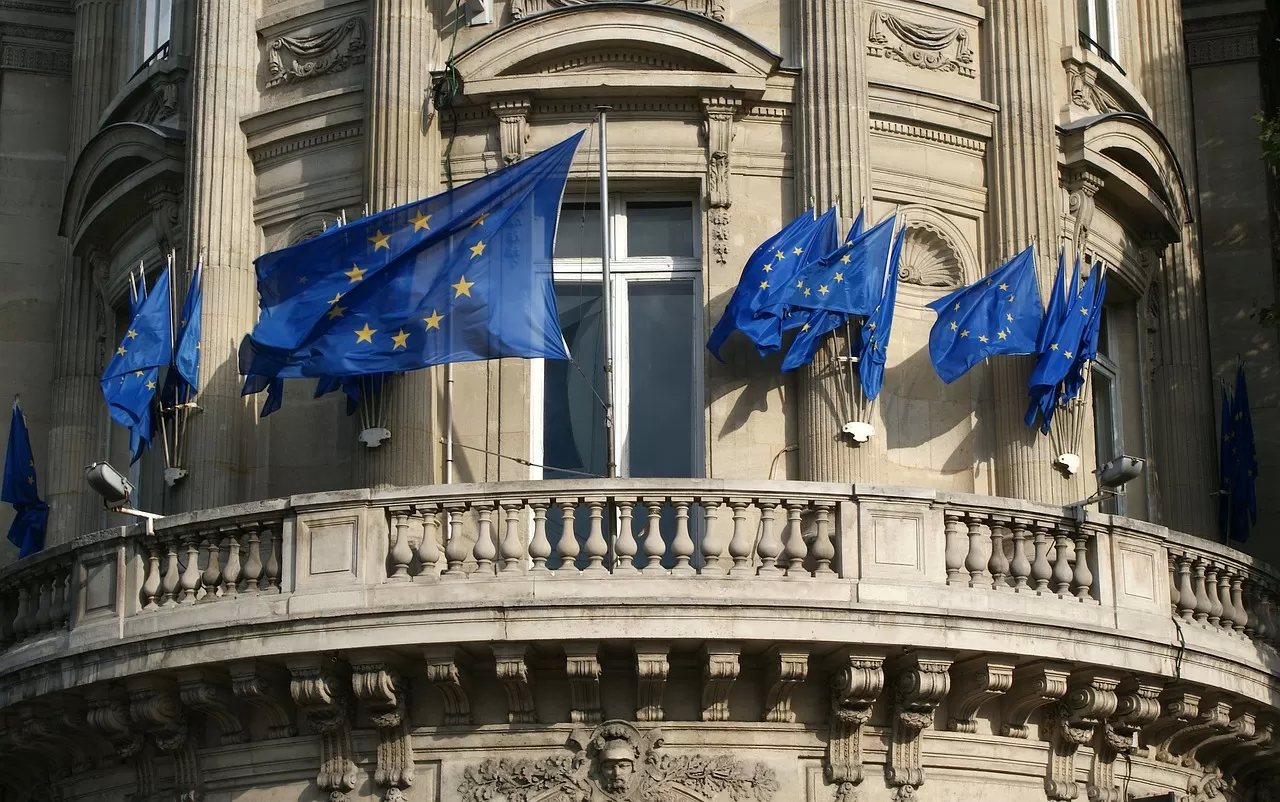 Publicado: 23-03-2023
Publicado: 23-03-2023
On December 15, 2020, the European Commission presented the proposal on the Digital Services Act together with the proposal on the Digital Markets Act as a comprehensive framework to ensure a safer and fairer digital space for all. The Digital Services Act came into force on November 1, 2022.
Digital services include a broad category of online services, from simple websites to internet infrastructure services and online platforms. The rules specified in the Digital Services Law relate primarily to intermediaries and online platforms.
At Gentile Law, we are pleased to offer expert legal advice on how to adapt your business to these new regulations and comply with all obligations set forth in the Digital Services.
New obligations and responsibilities:
The Digital Services Act proposed by the European Comission establishes a comprehensive set of new rules and responsbilities for o nline intermediary services. These rules are designed to limit the dissemination of illegal content and products online, increase the protection of minors and offer users more choice and better information.
Each online agent will have to comply with the new transparency and accountability obligations that are commensurate with its role, size and impact on the digital ecosystem.
Among oter new features, the Digital Services Law establishes a special regime for platforms with more than 45 million users, including additional obligations such as annual wide-ranging risk of harm assessments of their online services. These platforms and search engines will be subject to an independent audit of their services and risk mitigation measures to ensure that they comply with the new regulations.
Overall, the Digital Services Act aims to create a safer and fairer digital environment for all and establishes specific rules and regulations to ensure transparency and accountability of online intermediation services.
Each online agent will have to comply with new transparency and accountability obligations that fit their role, size, and impact on the digital ecosystem, such as:
- Measures to counter illegal online content, including illegal goods and services. The Act imposes new mechanisms that allow users to flag illegal online content and platforms to cooperate with specialized "trusted flaggers" to identify and remove such illegal content;
- Obligations to randomly check wether products or services in their sites comply with existing standards;
- Measures to prevent abuse of their systems by taking risk-based measures, including oversight through independent audits of their risk management measures, these measures to be carefully balanced against restrictions on freedom of expression and subject to independent audits;
- Creation of a new crisis response mechanism in cases of serious threats to public health and security crises, such as a pandemic or war;
- Prohibitions on targeted advertising based on special categories of personal data (ethnicity, political opinions or sexual orientation); and
- Prohibition of so-called "dark patterns" in the interface of online platforms, which refers to deceptive tricks that manipulate users into choices they do not intend to make.
In general, the Digital Services Act aims to create a safer and fairer digitl environment for all and establishes specific rules and regulations to ensure transparency and accountability of online intermediation services.
Possible penalties for not complying with the new rules:
The new compliance mechanism, consisting of cooperation at national and EU level, will monitor how online intermediaries adapt their systems to the new requirements. Each member state will have to designate a Digital Services Coordinator, an independent authority that will be responsible for supervising the intermediary services established in its state.
To this end, it will impose sanctions, including financial penalties (in the most serious cases, a penalty of up to 6% of the service provider`s worldwide turnover may be imposed). Each Member State will clearly specify the penalties in its national law in accordance with the requirements set out in the Regulation, ensuring that they are proportionate to the nature and gravity of the infringement, but dissuasive to ensure compliance.
The enforcement mechanism is not limited to fines alone: the Digital Services Coordinator and the Commission will have the power to require inmmediate action where necessary to address very serious harms, and platforms can offer undertakings on how to remedy them.
For malicious platforms that refuse to comply with important obligations and endanger people`s lives and safety, it will be possible, as a last resort, to apply to the court for temporary suspension of their service, after involving all relevant parties.
In conclusion, the EU Digital Services Act seeks to create a clear regulatory framework for digital businesses, encouraging greater transaprency, accountability, and protection of online users. While the implementation of this law may require significant adaptation by digital businesses, it may also represent an opportunity to improve consumer confidence and competitiveness in the digital marketplace. At Gentile Law, we are committed to helping businesses understand and comply with the constantly evolving laws and regulations in the digital realm.
Marta Batalla Eguidazu
martabatalla@gentile.law
+34 684 460 426
 + 34 602 226 503
+ 34 602 226 503


